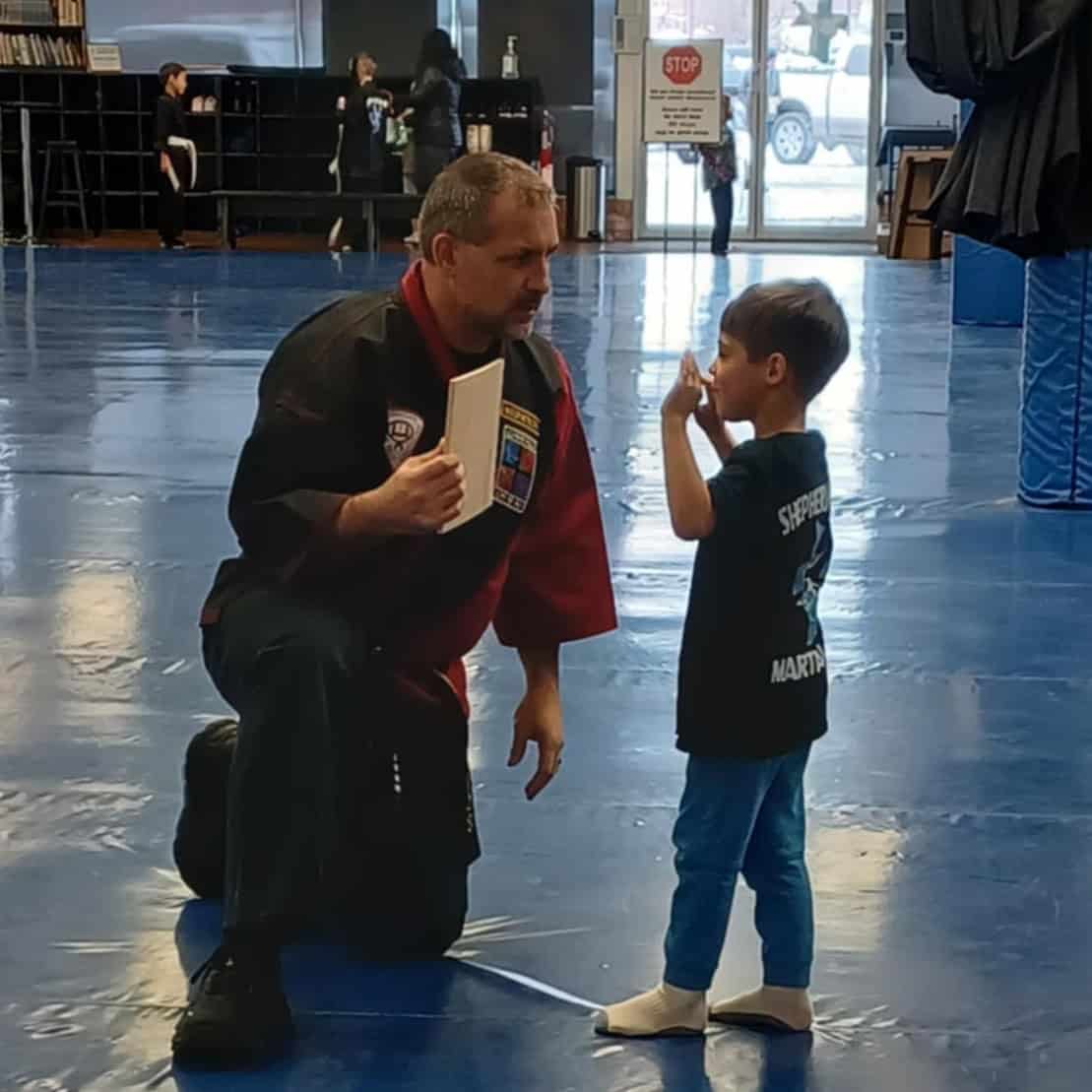Letting the Smoke Go

Many of us have heard the saying about grasping at smoke. While it looks solid and sustainable, you could spend your whole life trying to grasp it, to keep it, without any success. The smoke metaphor is often used to teach us that we can’t always have control. No matter how badly we want things to go our way, regardless of the effort we put in to make things work out, we don’t always get the final say. There is nothing this metaphor speaks more accurately to than control itself. In the moments that we see control in our midst, we want to grab at it and keep it going, but in our attempts to do so, we only cause the smoke to disappear.
In the book of Ecclesiastes, life itself is often referred to as “hevel,” which is the Hebrew word for vapor. This line is repeated over 30 times in the biblical text, and as upsetting as it may sound to be told thirty times that life is nothing but vapor, there is actually a really valuable lesson we can learn from this. Particularly in times of fear, or stress, or chaos, we are significantly more tempted to find things we can control. And if we can’t find these things, we begin to try and make them happen. But the more we try to control the world, the more out of control we start to feel. This is why we need to work on our locus of control.
Our locus of control is just another way of referring to who we believe has control over the events and circumstances in our lives. Often when we hear about this concept, we are presented with a dichotic choice, an “either-or” decision. Either our locus is focused on ourselves, where everything is a consequence of our own choices and beliefs, or our locus can be focused outwardly, where life’s circumstances are brought about by the actions and choices of others, and therefore beyond our control. In reality, life happens as a result of both our own choices, as well as the choices of others, but the only thing we can actually control is ourselves.
Ultimately, we have to let go of trying to control the things that happen to us in life. It’s no less fruitful than grasping at smoke. This doesn’t mean to just surrender to what happens in the world. And it doesn’t mean that we should just stop trying to cause change. But it does mean that while we should always strive to make changes in the world, whether they actually pan out or not is beyond our control. We learn this from the parable of the sower in Matthew 13. The sower scatters the seeds in a variety of places. Some seed falls on the path, and others amongst the weeds, but some manage to land in good soil. Just like the sower, we should always try to plant the seeds, but we don’t control whether it lands on good soil, and we don’t get to make it grow. Our job is to plant wherever we can, and let God make those seeds grow.
If we ever want to find peace and comfort in difficult times, we have to let God do the work. “‘For I know the plans I have for you,’ declares the Lord, ‘plans to prosper you and not to harm you, plans to give you hope and a future'” (Jeremiah 29:11). We have to surrender our lives, and more importantly we have to surrender control, to God. We need to stop grasping at smoke and decide to let that control go.
Recent Posts


